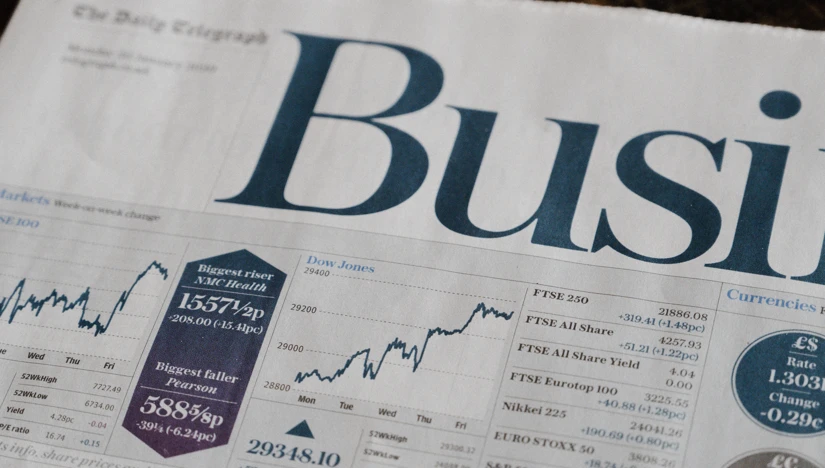Can Sanctions Stop Russia?

Photo by Annie Spratt on Unsplash
The Atlantic, 2022
The historian Nicholas Mulder, who published "The Economic Weapon: The Rise of Sanctions as a Tool of Modern War" just one month before the outbreak of the war in Ukraine in 2022, talks in this interview about the Western sanctions against Russia in the context of the crisis. In the interview, he explains that the current sanctions are unprecedented in terms of size, speed and scope. Mulder talks about the expected consequences and discusses potential drawbacks and problems. He gives recommendations as to how the sanctions should be designed in order to maximise their impact.
Comment from our editors:
The interview is an interesting perspective on a currently hotly debated economic-political topic, provided by an expert on the history of sanctions in economic warfare of the 20th century. The article mentions Mulder's research finding that "[t]he history of sanctions is largely a history of disappointment”, which arouses curiosity for Mulders' recently published book. Readers who are now curious about Mulder's work might be interested in the 30-minute podcast, recorded a week before the beginning of the war, in which he discusses his book.
Go to: Can Sanctions Stop Russia?
